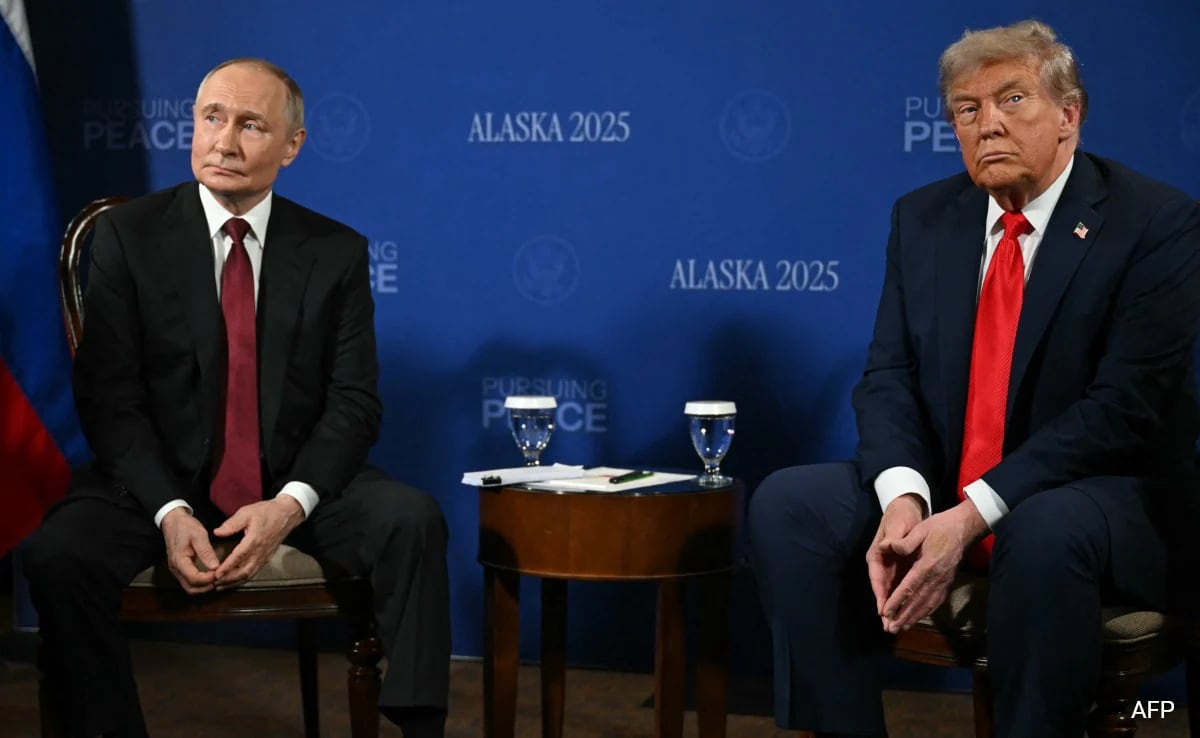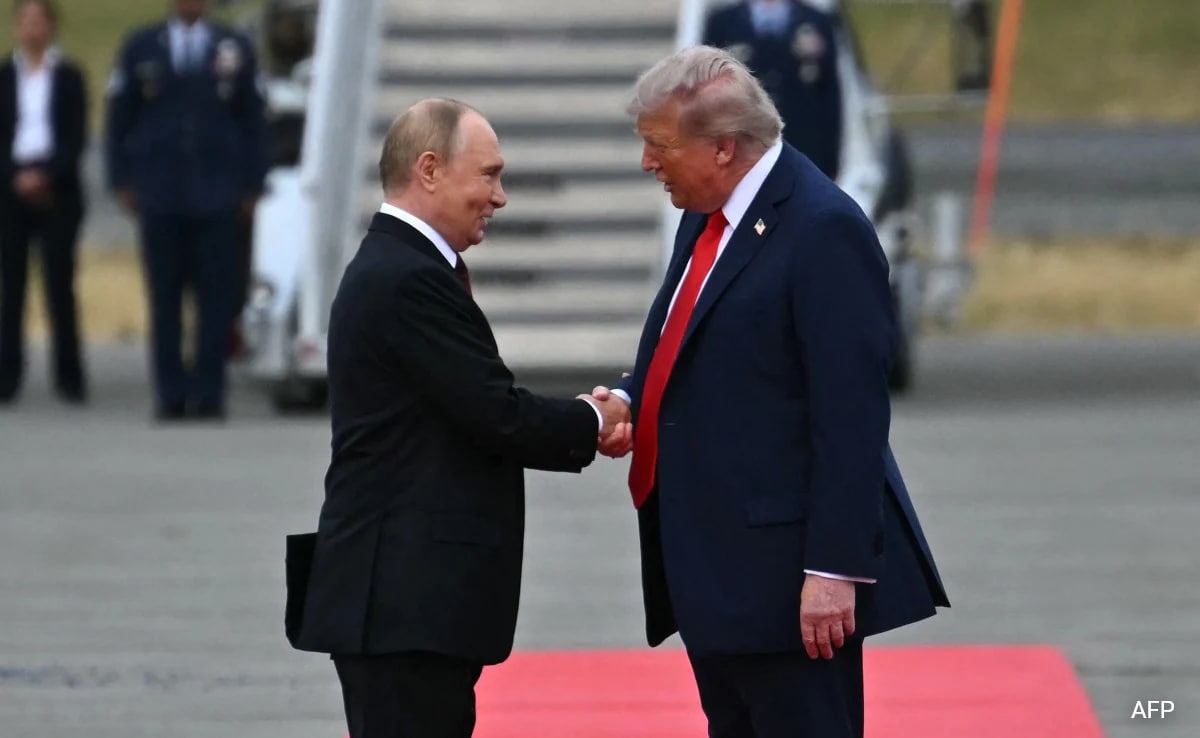The European Commission, the E.U.âs executive arm, said that member states should focus on protecting low-income households and small businesses from the price spikes. It said countries can do so without running afoul of E.U. law by providing direct aid to vulnerable consumers or companies, temporarily cutting taxes, allowing the deferral of bill payments and implementing a safety net that ensures people will not have their power cut off.
âEverywhere people ask: can I pay my next bill? How long will it last? What can be done? Their concern is understandable and justified,â said E.U. Energy Commissioner Kadri Simson. âWinter is coming.â
âOur answer to what should be done is twofold: First, our immediate priority is to protect Europeâs consumers, especially the most vulnerable,â she added. âSecond, we have to make our energy system better prepared and more resilient so that we donât have to face a similar situation in the future.â
The commission indicated it would consider a new system of collectively buying and storing gas â a joint procurement process that could resemble the way the bloc approached coronavirus vaccines.
Such an approach would allow member states to join forces in buying fuel and managing reserves, giving them more leverage in negotiations with suppliers. But the commission was noncommittal on this front, saying only that it would âexplore the possible benefitsâ of the scheme.
âA more integrated European approach could potentially optimize costs and protect against price volatility,â Simson said.
While some countries have called for the bloc to move faster and substantially reform gas and electricity markets, the E.U. has limited ability to intervene directly in the energy policies of its member states and Simson said national governments are best positioned to take action. Officials said supply is not an immediate risk, but prices will likely remain high through the winter. The issue is likely to dominate a summit of E.U. heads of state in Brussels next week.
The European continent is not alone in the energy crunch. Across the English Channel, Britain is struggling with fuel shortages and panic buying at its gas stations, while India is running low on coal and China is rationing electricity.
The European Parliamentâs second largest political group is among those pushing the commission to commit to more concrete actions, such as temporarily freezing electricity prices at their early 2021 levels. âI donât see how these vulnerable Europeans will find protection from these high bills with just words from the European Commission,â Dan Nica, a Romanian lawmaker from the Progressive Alliance of Socialists and Democrats, said in a statement.
The global crisis is partly the byproduct of pandemic-induced economic turbulence. When covid-19 shut the world down, energy use plummeted and prices fell. But economies have rebounded rapidly and demand has soared, sending prices sky rocketing. At the same time, an unusually cold European winter last year drained supplies and weather patterns in the North Sea led to lower than expected production from wind turbines.
But it also highlights the European Unionâs reliance on energy imports. Russia is the E.U.âs primary supplier of oil, natural gas and solid fossil fuels, such as coal â a relationship that leaves Europe dangerously vulnerable to exploitation by Russian President Vladimir Putin, according to Aura Sabadus, writing for the Atlantic Council think tank.
A group of E.U. lawmakers have said Russia may be limiting gas supply to inflate prices and pressure European regulators to fast-track the approval of its Nord Stream 2 pipeline, which runs from Russia to Germany through the Baltic Sea and has not yet gone into operation.
The European Commission is investigating Russiaâs state-owned energy company, Gazprom, over the market manipulation accusations. In the document it published Wednesday, the E.U. said the Saint Petersburg-based gas giant has âfulfilled its long-term contractsâ with European customers but âhas offered little or no extra capacity to ease pressure on the E.U. gas market.â
Putin hinted last week that Russia would increase supply and Kremlin officials said Tuesday that Gazprom has begun using its stockpiles to stabilize the market.
The rising prices have also underscored existing and long-running tensions among E.U. leaders.
Premiers such as Hungaryâs Viktor Orban, who has a history of aligning himself with Putin, have blamed the increases on the blocâs wide-ranging policies to combat climate change, saying the European Union must reconsider its ambitious goals.
Some analysts have also said that the E.U. has moved too quickly away from fossil fuels and has not ensured that its members would have an adequate supply of renewable sources in case of an emergency.
But others have argued that the crisis only reinforces the need for initiatives like the European Green Deal, a package of proposals to make the E.U. carbon neutral by 2050.
âWe are not facing an energy price surge because of our climate policy or because renewable energy is expensive,â Simson said Wednesday. âWe are facing it because the fossil fuel prices are spiking. We do not yet have enough of that green affordable energy for everyone. We need to speed up the energy transition, not slow it down.â
The E.U. has also come under increased pressure to clarify its position on nuclear energy. France and several other countries want the commission to classify nuclear as a âgreen investment,â an important definition for compliance with the blocâs climate goals. But the commission punted the question to a later date.
The European Consumer Organisation, an umbrella organization of consumer groups, cheered the commissionâs recommendations and urged national governments to implement them.
âWeâve seen staggering increases in energy prices recently,â Monique Goyens, the organizationâs director general, said in a statement. âAs we head into winter and start to spend more on heating our homes, itâs consumers who are in the eye of the storm, having to pick up the bill for market forces totally beyond their control.â
Quentin Ariès contributed to this report.
.png)











 English (United States) ·
English (United States) ·  Turkish (Turkey) ·
Turkish (Turkey) ·